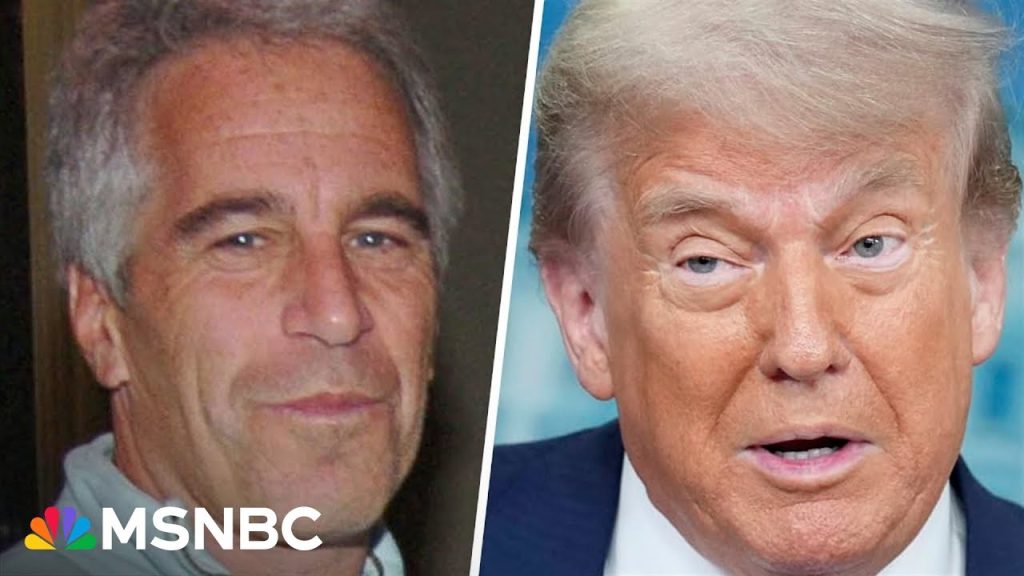In a recently aired political discussion, Congresswoman Melanie Stanbury, a member of the House Oversight Committee and Democratic representative from New Mexico, raised alarming allegations regarding a significant cover-up associated with Jeffrey Epstein’s cases. Stanbury emphasized the importance of transparency as her committee anticipates the release of crucial documents tied to Epstein’s estate, which she asserts are under the control of individuals who were implicated in his criminal activities.
During her remarks, Stanbury outlined the documents the Oversight Committee has sought through a subpoena process. These comprise a range of material including non-disclosure agreements, the infamous birthday book, plea agreements, financial transactions, and any other documents linked to Epstein’s criminal conduct—particularly concerning sex trafficking. Although the committee is hopeful for compliance now that the subpoena has been officially issued, Stanbury expressed skepticism regarding the integrity of the documents to be provided.
“His estate is being managed by the same individuals involved in both the financial and sex trafficking crimes that he has been convicted of,” Stanbury stated. This revelation underscores her belief that the ongoing management of Epstein’s estate casts doubt on the potential for genuine transparency in the forthcoming documents.
Stanbury further asserted that the Department of Justice, in coordination with Congress, has participated in a cover-up regarding the implications of the Epstein case. This allegation of collusion is a significant claim, pointing to a systemic failure to tackle a critical issue that has both national and international ramifications. The congresswoman articulated that while compliance with the subpoena is expected, it is imperative that the Oversight Committee continue to pursue every lead in this vital investigation. “We’re going to have to continue to dig and follow every lead,” she emphasized, highlighting the tenacity required in the face of bureaucratic resistance.
The context of Stanbury’s commentary is underscored by the immense public interest surrounding Epstein’s past and the myriad unnamed associates implicated in his crimes. Epstein, a financier who was arrested in 2019 on federal charges for the sex trafficking of minors, committed suicide in his jail cell later that year. His death raised numerous questions regarding his connections to powerful figures and whether others might evade scrutiny regarding their possible involvement in his illicit activities.
With the release of these documents potentially shedding light on other figures entangled in Epstein’s network, the urgency for thorough and unfiltered information has never been more apparent. The notion of sanitized or altered documents being provided only to satisfy legal obligations poses risks to accountability, a concern that Stanbury vocalized during her appearance. She noted that any circumvention of the truth could undermine the overarching pursuit of justice for the victims of Epstein’s crimes.
As the Oversight Committee awaits the documents, eyes are set on the looming potential political ramifications. The dialogue surrounding Epstein’s extensive network not only invites scrutiny of current administrative practices but also opens discussions about the broader issues of accountability within systems that protect the powerful. The call for transparency is heightened, emphasizing that the past must not slip into obscurity without appropriate examination and consequences.
With the implications of Stanbury’s claims reverberating through political corridors and among advocacy groups demanding justice, the forthcoming days will be pivotal as the committee continues to seek clarity in the shadow of one of contemporary society’s darkest chapters. The outcome of this inquiry is anticipated not merely as a political maneuver, but as a necessary step in the ongoing pursuit of accountability and justice for all victims affected by Epstein’s heinous acts.



